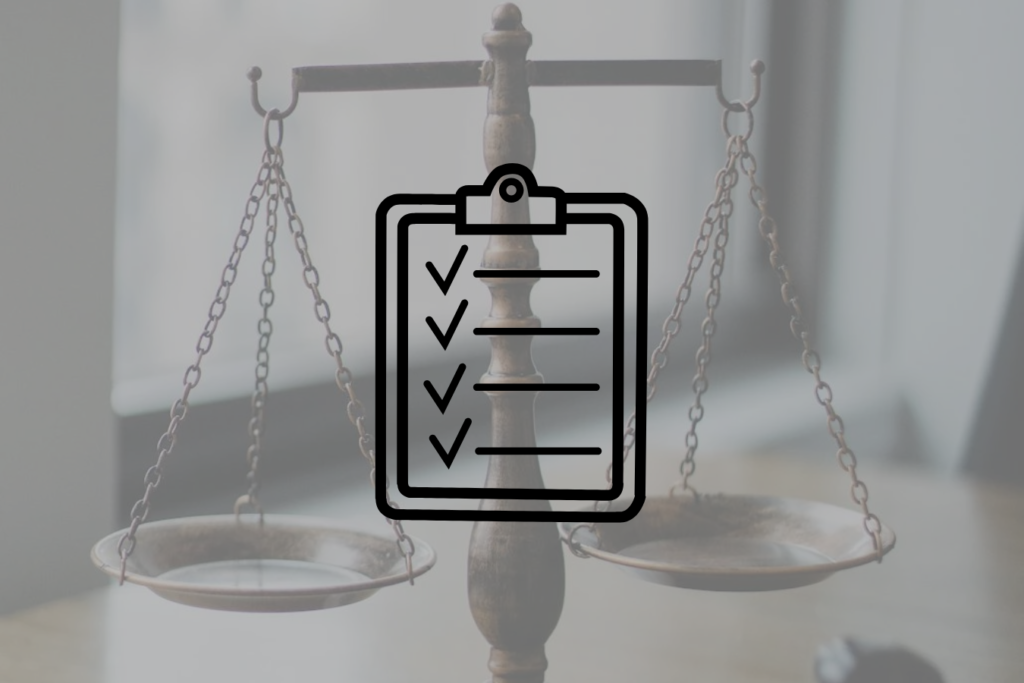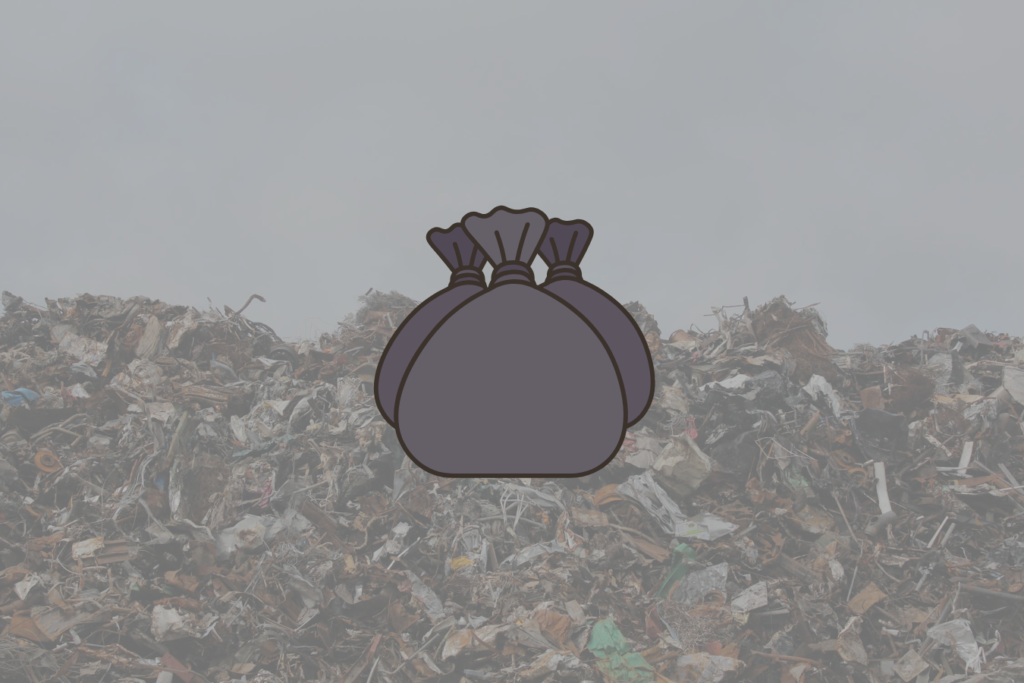Introduction
Environmental compliance is one of those things that can easily fly under the radar until there is a serious issue. In today’s world, businesses work in an environment where environmental regulations are constantly changing making a confusing topic even more complex. Overlooking compliance can be a costly mistake which can result in a serious of consequences such as:

Regulation Changes
Many companies treat compliance as if it’s a one-time task, but regulations change over time at the state, federal, and other levels. Although this can become a hassle to keep track of, being caught in noncompliance can be extremely costly. Over time even small updates to stormwater regulations, air quality standards, or other laws could have significant implications for compliance.

Below are some tips to ensure your business is remaining in compliance:
- Subscribe to different regulatory update services available for your industry and location.
- Work with an environmental services firm to ensure you both are currently in compliance and remain that way.
- Conduct an annual “compliance review” of your company to ensure your company is aligned with up-to-date regulatory standards.

Improper Handling of Waste & Disposal
Mismanaging waste is a frequent and costly mistake whether it is recycling, hazardous, or non-hazardous waste. Improper disposal or handling of all types of waste can lead to environmental contamination, safety hazards, and significant penalties. In some cases, this mishandling could trigger regulatory investigations or community complaints that could be damaging to a business’s reputation.

Inadequate Documentation
It is incredibly important to be able to prove that one remains in compliance. Keeping inadequate documentation can become a major liability quickly during an inspection, audit, or in the event of an incident. Environmental regulators often require proof of waste disposal records, permit renewals, employee training logs, and site inspection records. Without a well-maintained paper or digital trail, it is possible for a business to be in compliance trouble even if they followed all other proper procedures.

To avoid any issues, businesses that are required to maintain proper regulatory documentation should establish a centralized document system that organizes and stores all relevant records in one centralized place. Cloud-based platforms and other modern technology has made it easier to maintain proper records and streamline audits. Assigning proper personnel to manage and be responsible for these records. Consistency in documentation can help protect against fines, but also improves operational oversight and ensures proper risk management.

Conclusion
Environmental compliance is critical to protecting your business, your workforce, and the communities in which you operate. For assistance with compliance or any other environmental issues you may have, reach out to info@hesnc.com to learn how we can help!


